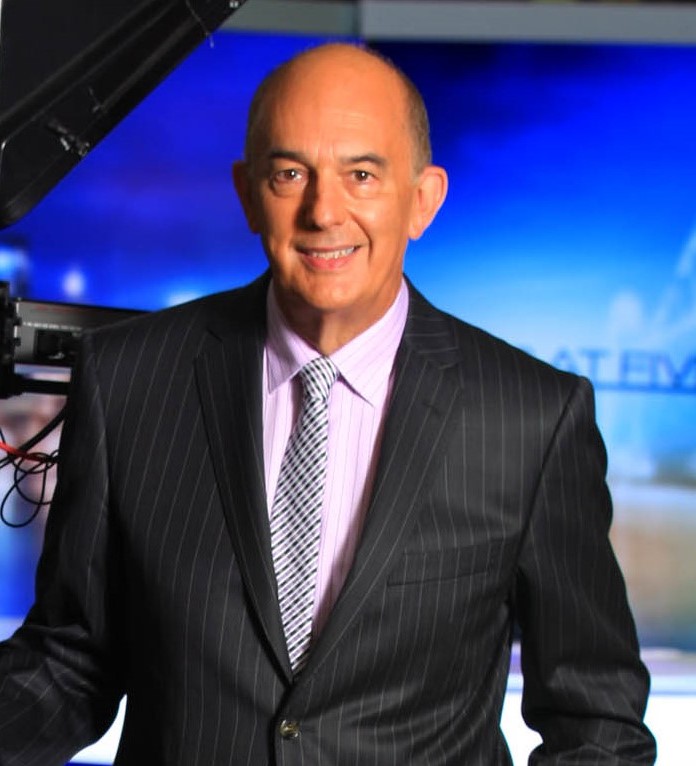Canberrans welcomed in the new year choking on acrid smoke in the worst air quality of any major world city. Memories of the 2003 disaster that saw four people killed, 430 injured and 500 homes destroyed added to the level of anxiety. So far, the national capital has been spared a repeat of that disaster. But we are only half way through the bushfire season now officially designated running from the beginning of October until the end of March.

If it is any consolation, the government of the Australian Capital Territory, unlike the government of the nation, was not taken by surprise. Back in September, Emergency Services Minister, Mick Gentleman warned “bushfire seasons are expected to become longer and more dangerous into the future as the effects of climate change are felt across Australia”. Unlike the Prime Minister and some of his senior colleagues, there was no shirking from the facts the CSIRO, Weather Bureau and scientists worldwide point to with increasing alarm.
Much has been learned and implemented after the inquiries 17 years ago found the Territory then ill-prepared and far more vulnerable than should have been the case. Reforms have been introduced and, under the leadership of Commissioner Georgeina Whelan, the Emergency Services Agency is alert, alarmed and better resourced.
The New York Times has likened Australia’s catastrophic summer fires to the canary in the coal mine: a deadly warning sign of lethal danger ahead in a dangerously warming world. Here, the ACT is both a model of response and a victim of others failures.
A model in that this year it has a policy of 100% renewable energy for the Territory – no mean contribution to reducing emissions. However, vehicles account for 60% of overall pollution and Australia has the weakest emission standards of the developed world. It is a complete laggard in encouraging electric cars. The Territory alone cannot remedy this, nor can it compensate for the federal government joining major polluters in world forums to stall a really significant global response.
With the Doomsday Clock set at 100 seconds to midnight thanks to rising international tensions and the failure to address climate change, we are all at the mercy of political incompetence at home and abroad. Leadership is being sacrificed on the altar of short-sighted vested interest and misplaced denial.
Even if all of that changed tomorrow, it will take decades for remedial action to deliver a discernible improvement. That’s where the campaign of the United Firefighters Union comes in. The fieries in Canberra have rejected a 10% pay rise over and above other public servants; instead they are calling for at least $45 million to be invested over the next four years for more personnel and resources to cope with the threat of summers worse than this one.
UFU branch secretary Greg McConville says what we are experiencing is not the new normal; we face an escalating fire danger.








